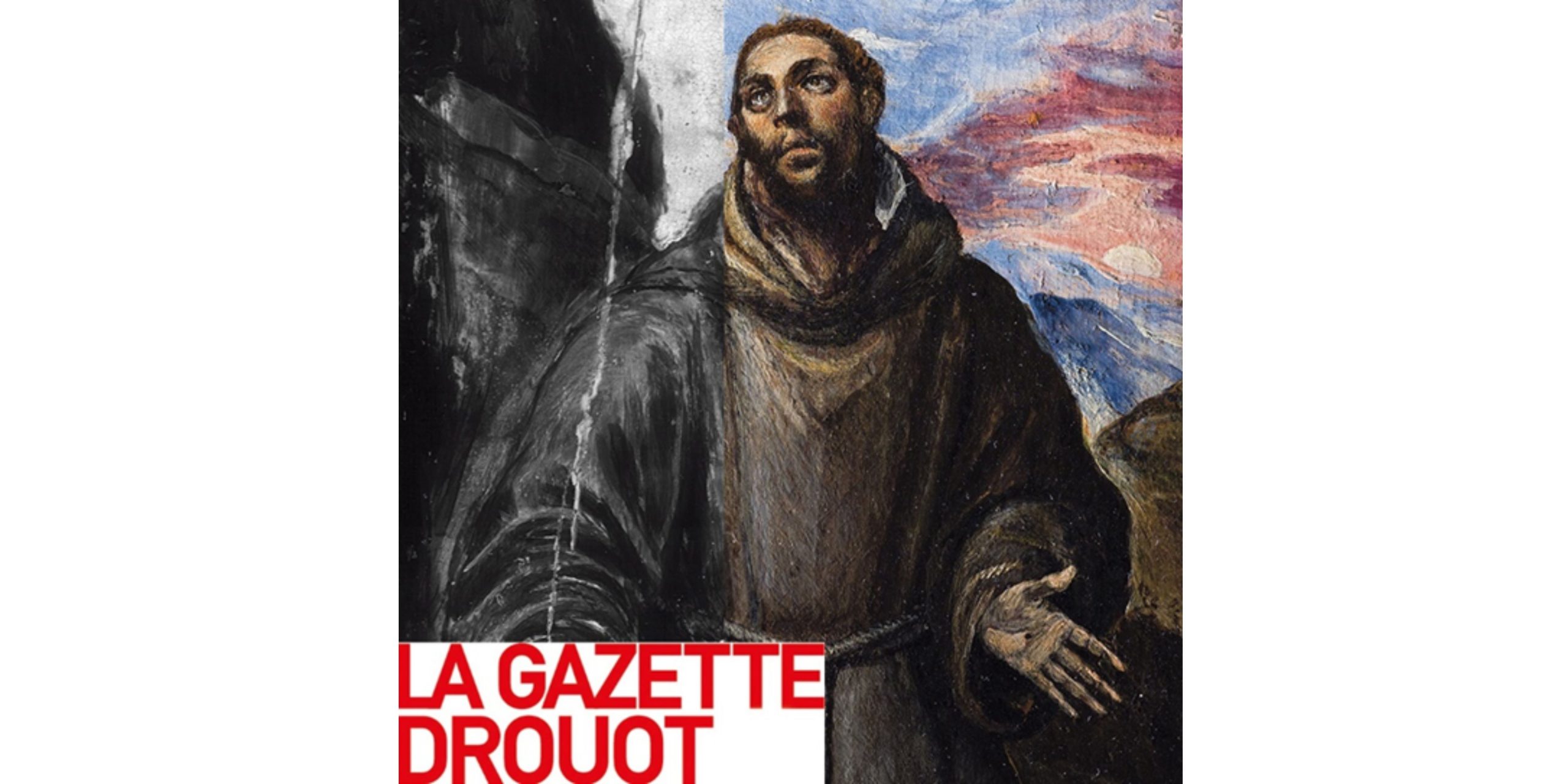The French magazine, La Gazette Drouot, one of the world’s top art journals, featured an article on CyI’s recent symposium, “Old Masters, New Tools: Science and Technology Approaches to Art History”, which celebrated the third anniversary of the establishment of the Andreas Pittas Art Characterization Laboratories (APAC). The event consisted of a series of presentations and discussions with art historians, heritage scientists, and museum professionals from top institutions from across the globe. Particularly, more than 30 heritage specialists came together from across Europe and the United States to CyI’s Symposium, and exchanged views and expertise.
The article, entitled “Sciences et arts en quête d’une lingua franca”, was written by renowned French journalist and editor Vincent Noce, who flew to Cyprus last December especially for the event in order to document the proceedings and meet with the esteemed speakers. His account reflects the diversity of the insights shared by the participants along with the new frontiers of art characterization research being undertaken by top researchers across the globe and here at the APAC Labs. Moreover, the dissemination of the event and APAC expertise through La Gazette Drouot, also supports the work and development of the CyI ARTES research innovation and commercialization effort.
The article asks the question whether art scholars are able to find a common language – a sort of lingua franca – for the digital age. Vincent Noce also made a special reference to Dr Andreas Pittas, whose generous grant permitted the establishment of the labs, mentioning his symposium address where he reiterated his commitment for a holistic approach to culture and its history. Dr Pittas owns an important art collection including art works from Antiquity to the present with a particular focus in the early Renaissance period.
Dr Michel Menu, former Head of the Research Laboratories of the Center for Research and Restoration of Museums of France (C2RMF) and currently Interim Director of the Science and Technology in Archaeology and Culture Research Center (STARC), consulted the Cyprus Institute in the formation of the APAC Labs, and had the opportunity to present his study of organic materials, by finding and building bridges with the other departments of the Institute, focusing on nature and the environment.
In the article, special reference is made to Assoc. Prof. Nikolas Bakirtzis, APAC Director, specialist in the history of Mediterranean art and architecture, as well as to all of the event’s keynote speakers including CyI’s and APAC Labs’ Assoc. Prof. Sorin Hermon, who noted that interpretation of images is fundamental and deplored the current glaring lack of investment in the collection and sharing of data, but also in the control of their reliability and methodologies.
The full article of La Gazette Drouot is accessible here.
Source: The Cyprus Institute I News (https://bit.ly/40eYjSD)
